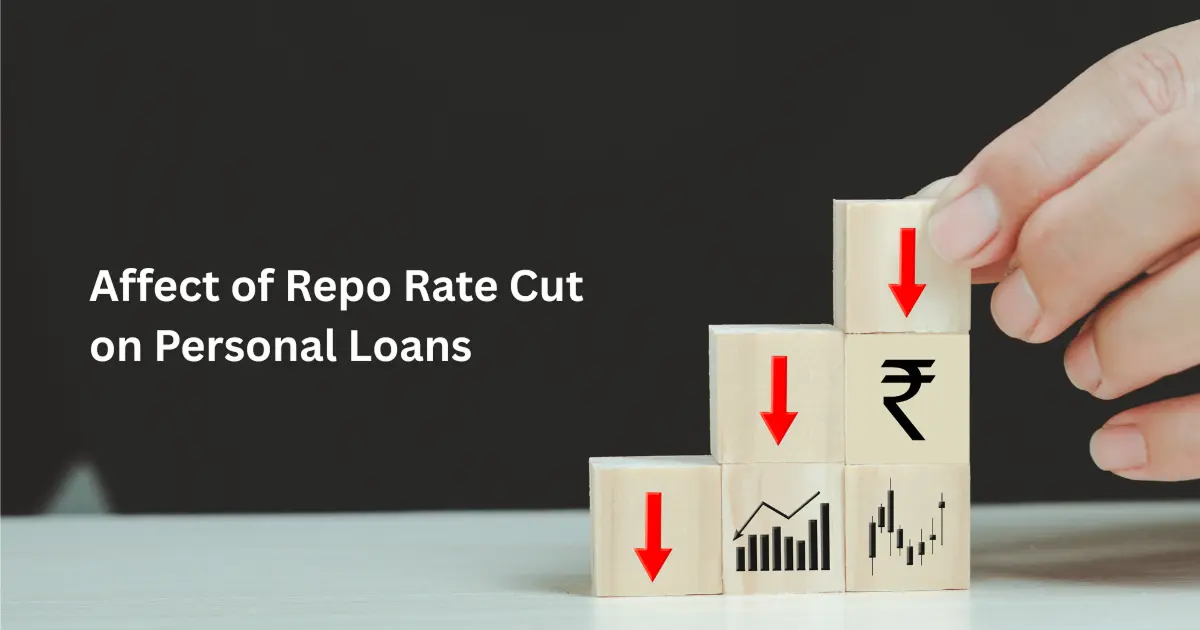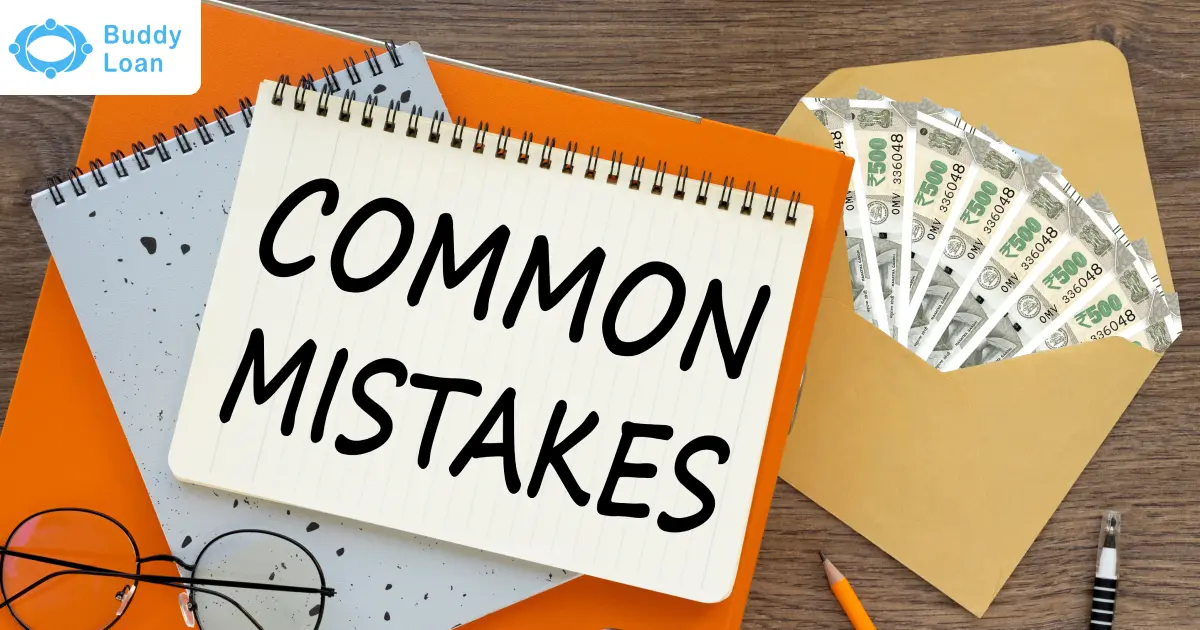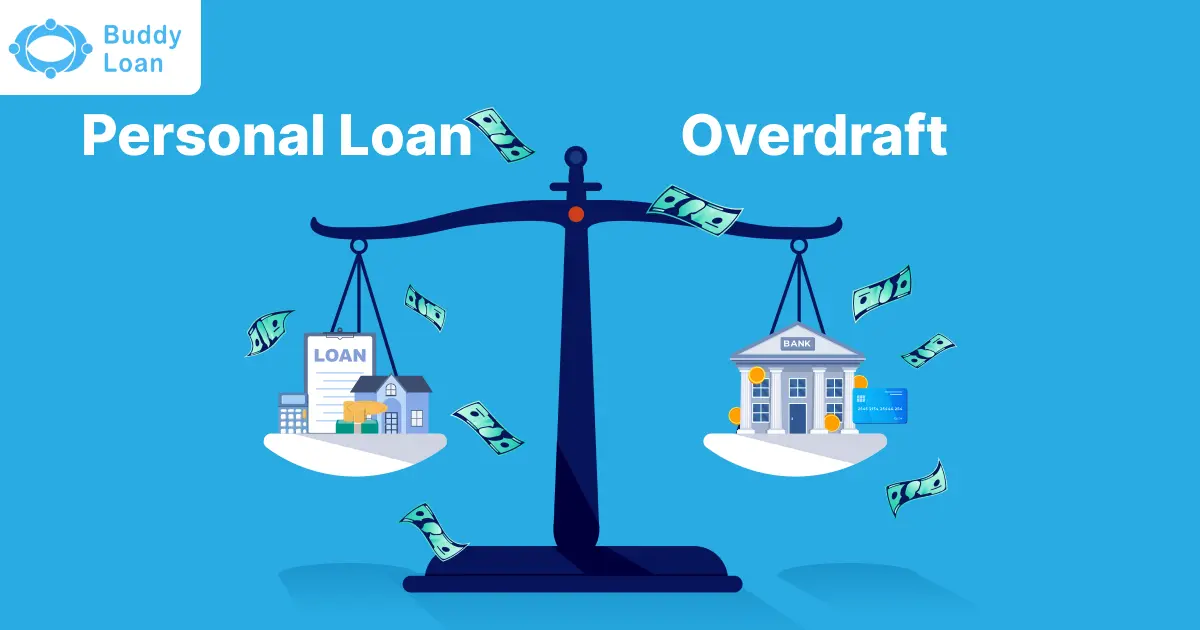If you have a personal loan and have yet to explore the world of refinancing, get ready for a pleasant surprise! Refinancing a personal loan involves replacing your existing loan with a new one, more so with different terms and conditions. By doing this, you may be able to enjoy its advantages and simplify your financial life by consolidating multiple loans into a single, more manageable payment option.
Explore this topic further to learn what is refinance loan and gain a clearer understanding of how refinancing works, continue reading this article!
What is Refinancing?
It is a smart strategy where you get to improve your terms of the loan on your existing loan. Refinancing a personal loan involves replacing an existing loan with a new one, which offers better terms. By choosing the refinancing option, you can obtain better interest rates, repayment options, or even both!
Benefits of Refinancing
It’s crucial for you, if you intend to borrow a loan. Make well-informed decisions about personal loan. By understanding the advantages of refinancing personal loan, you can assess whether refinancing is a better option for your specific situation.
Whether you’re looking to secure a lower interest rate, reduce your monthly payments, save on interest costs, or consolidate your debts, being aware of these benefits puts you in control of your financial well-being.
Explore opportunities & expand your refinancing options that align with your unique needs and aspirations. Count on the following benefits, and make some major changes to your financing journey:
- Lower interest rates
- Reduced monthly payments
- Shortened loan term
- Debt consolidation
- Access to equity
- Change in loan type
- Improved credit score
- Access to better loan features
- Financial flexibility
Drawbacks/ Lesser-benefits of Refinancing
A business/ individual that is overly dependent on debt could be seen as ‘high risk’ by potential investors, and that could limit access to equity financing at some point.
Closing Costs:- These costs can add up and may outweigh the potential savings from refinancing.
Extended Loan Term:- While this can lower monthly payments, it also means paying interest for a longer duration, resulting in higher overall interest costs.
Prepayment Penalties:- Some loans have prepayment penalties, which are fees charged if you pay off your loan early.
Lower Credit Score:- Applying for a new loan and having it approved may temporarily lower your credit score.
Loss of Equity:- If you have built up equity in your home, refinancing to take out cash or consolidate debt may reduce your equity position.
Resetting Interest Rate:- If you’re refinancing from a fixed-rate mortgage to an adjustable-rate mortgage (ARM), your interest rate could increase over time.
Restarting Loan Term:- If you have been paying off your loan for several years, refinancing could erase the progress you’ve made in reducing your debt.
Now that you’re aware of both the advantages and disadvantages of refinancing personal loan, you might as well consider weighing your options. This thoughtful approach helps you make an informed choice that aligns with your long-term financial goals and minimizes any unexpected setbacks.
When to Refinance, By The Way?

If you’re wondering when can you refinance a personal loan, keep in mind that it can be a good option when,
- interest rates drop significantly
- your credit score improves
- you want to shorten your loan term
You might as well want to learn the factors that could significantly affect your refinancing journey, based on which you can decide when to go for refinancing:
Interest rates
- Loan term
- Financial goals
- Cost and fees (closing costs, origination fees, and prepayment penalties)
- Credit score
When not to Refinance?

Refinancing can be a smart financial move in certain situations, but there are times when it may not be advisable.
Short-term ownership
If you plan to sell your home or pay off your loan in the near future, refinancing may not make financial sense. The costs associated with refinancing, such as closing costs and fees, may outweigh the potential savings from a lower interest rate.
Poor credit or financial situation
If your credit score has significantly decreased since you obtained your original loan or your financial situation has deteriorated, refinancing may result in a higher interest rate or less favorable terms.
Prepayment penalties
Some loans include prepayment penalties, which are fees charged if you pay off your loan early. If your current loan has such penalties, it’s crucial to calculate whether the potential savings from refinancing outweigh the costs of these penalties.
Limited equity
Lenders typically require a certain amount of equity to approve a refinance loan. If you owe a significant portion of your home’s value, refinancing may be challenging or result in higher interest rates.
Unfavorable market conditions
Interest rates fluctuate over time, and it’s important to assess whether the current market conditions are favorable for refinancing.
Also Read: How To Refinance Your Personal Loan In The Best Way
In Conclusion
By exploring the topics of refinancing comprehensively, the article covers the key aspects readers need to consider before making a decision. Whether it’s understanding the benefits, drawbacks, or timing considerations, the article serves as a valuable resource for individuals looking to navigate the refinancing landscape.
Multiple loan options! Whether you’re looking for a personal loan, home loan, or car loan, Buddy Loan offers a wide range of loan options to cater to your immediate financial help and specific refinancing needs.
Having any queries? Do reach us at info@buddyloan.com
Frequently Asked Questions
A. Refinancing a loan can lower interest rates, reduce monthly payments, and potentially save you money over time.
A. The purpose of refinancing a loan is to obtain better loan terms, such as lower interest rates or extended repayment periods.
A. Advantages: Potential for lower interest rates, reduced monthly payments, and overall savings. Disadvantages: Possible fees, extended loan term, and potential impact on credit score.




